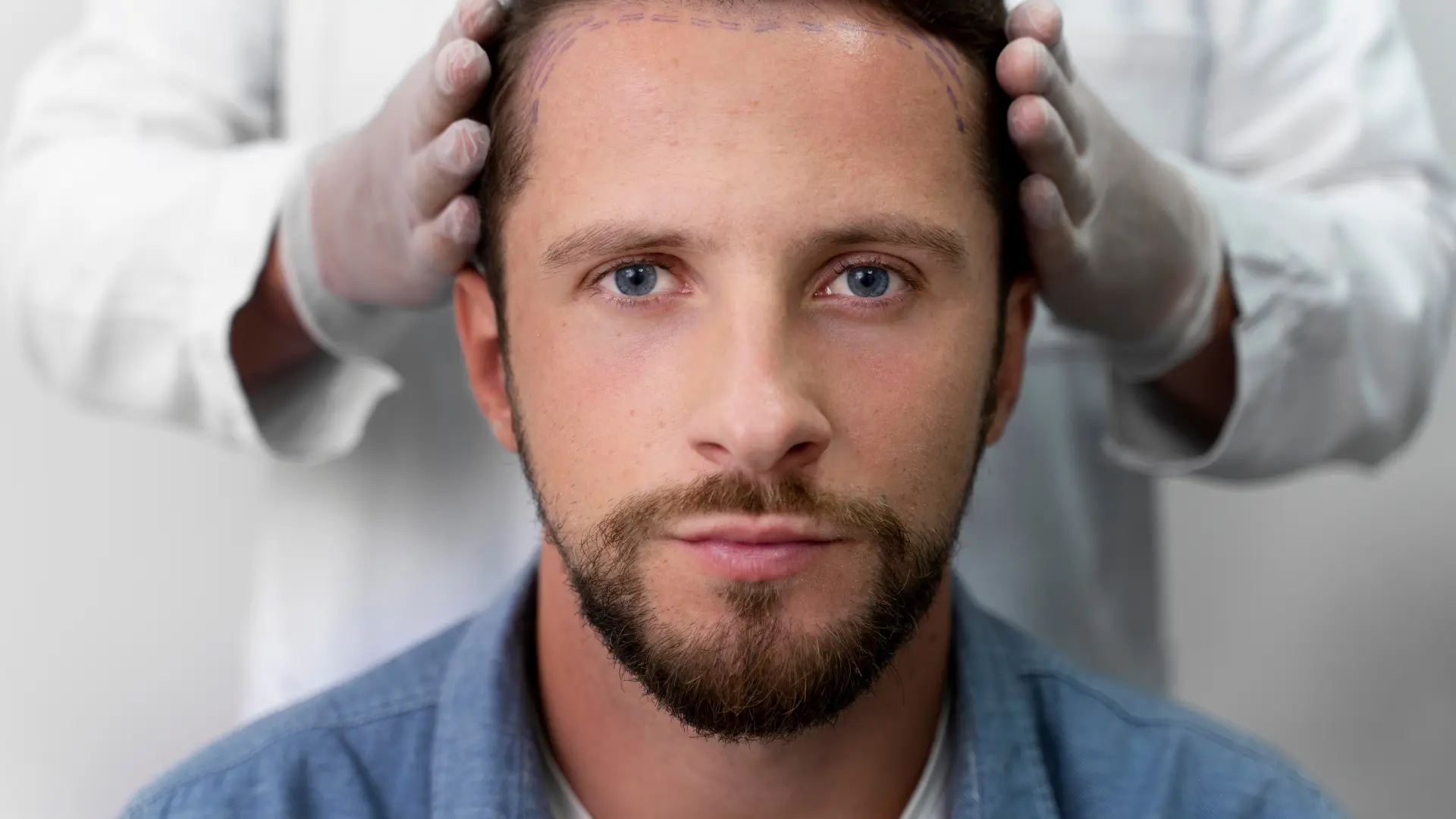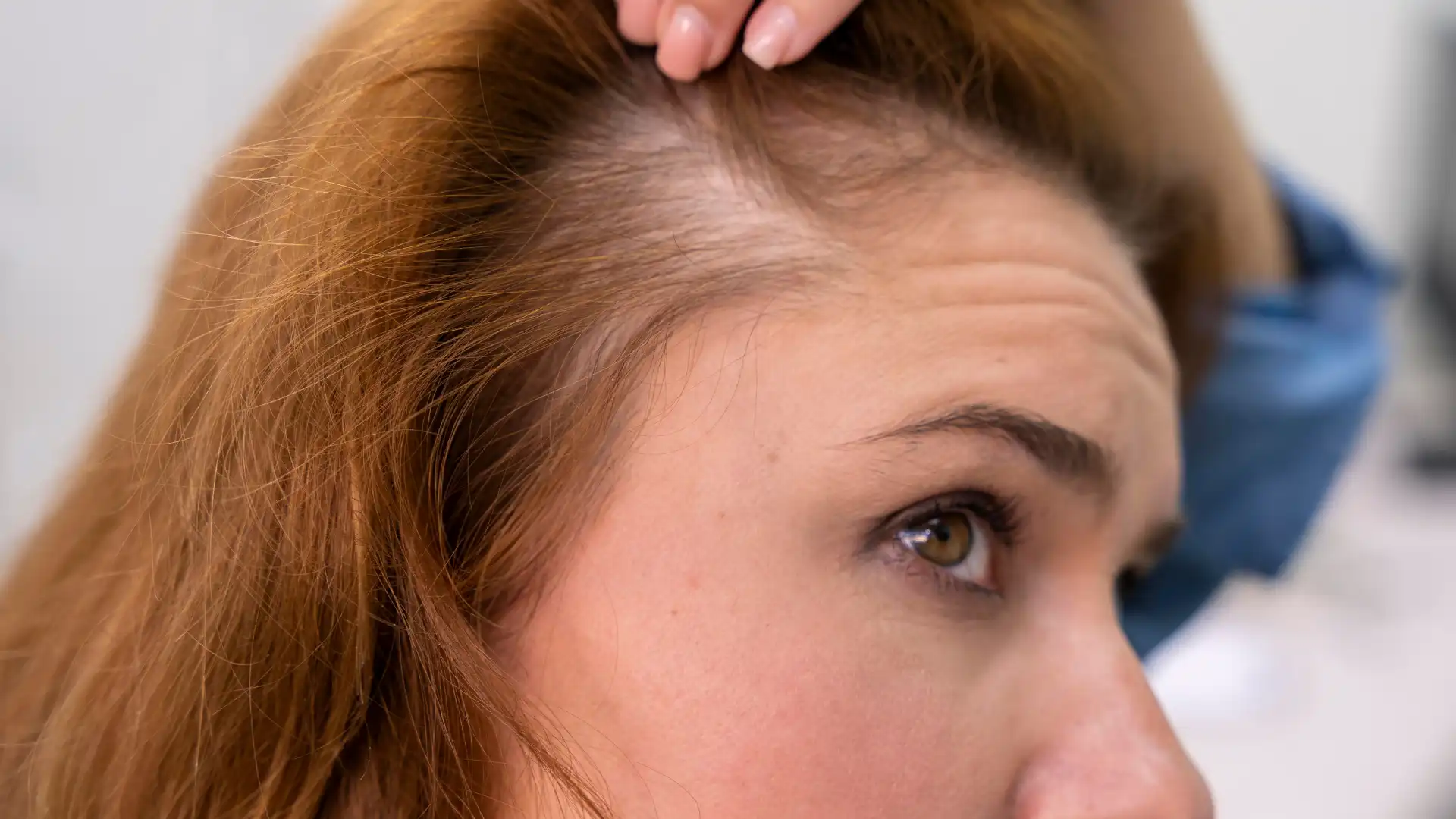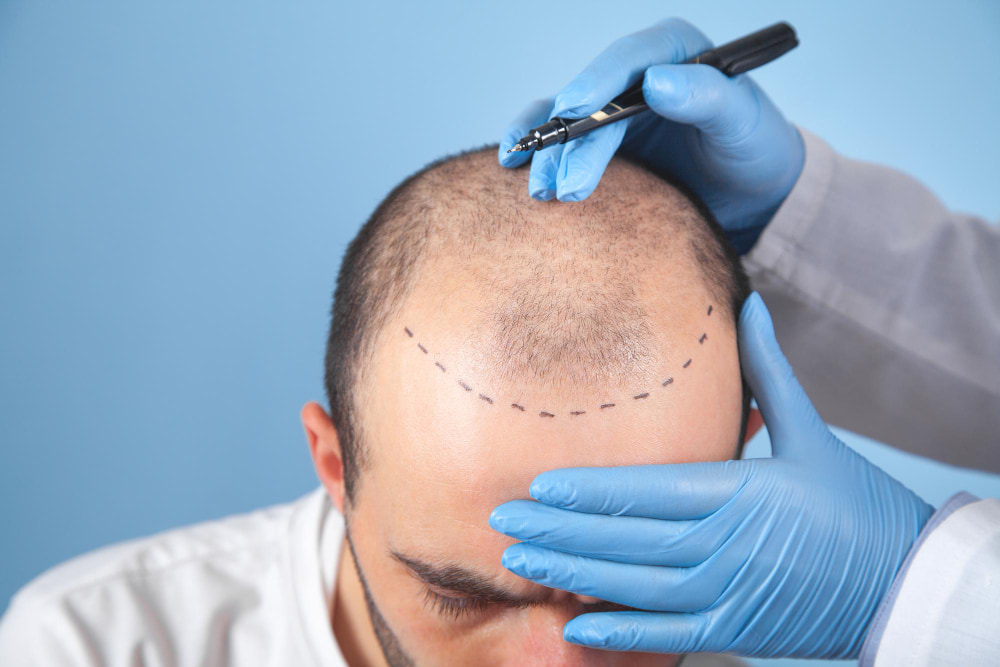Introduction
Weight loss medications have become increasingly popular in recent years, offering hope for individuals struggling with obesity. However, like many medical treatments, these medications can come with unexpected side effects. Mounjaro, a breakthrough medication for weight management, has raised questions among patients about potential hair loss.
In this blog post, we’ll explore the connection between Mounjaro and hair loss, providing insights and helpful information for those considering or currently using this medication.
What is Mounjaro?
Mounjaro (generic name: tirzepatide) is an injectable medication approved by the FDA for the treatment of type 2 diabetes and, more recently, for weight management. Developed by Eli Lilly, this groundbreaking drug has shown remarkable results in helping patients lose significant amounts of weight.
Unlike traditional weight loss medications, Mounjaro works by targeting multiple hormone receptors in the body, making it a unique and powerful tool in weight management and metabolic health.
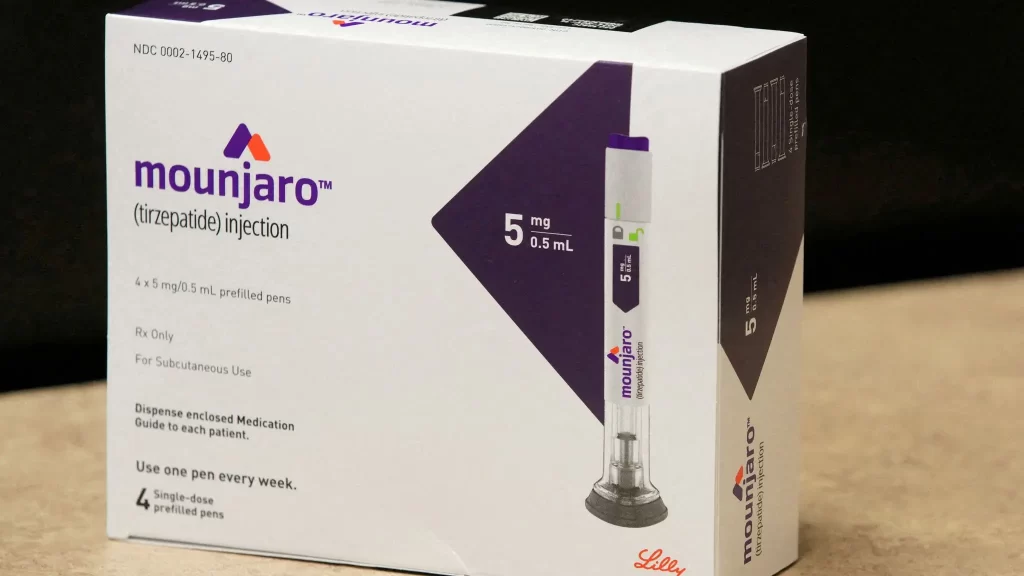
How Does Mounjaro Work?
Mounjaro functions by mimicking two key hormones in the body: GIP (glucose-dependent insulinotropic polypeptide) and GLP-1 (glucagon-like peptide-1). These hormones play crucial roles in:
- Regulating appetite
- Improving insulin sensitivity
- Slowing down digestion
- Reducing food intake
- Increasing feelings of fullness
By acting on these multiple hormone receptors, Mounjaro helps patients reduce their calorie intake, improve metabolic function, and achieve significant weight loss. The medication is typically administered as a weekly injection and has shown impressive results in clinical trials, with some patients losing up to 20% of their body weight.
Common Side Effects of Mounjaro
While Mounjaro offers significant benefits, it can come with several side effects. Some of the most common include:
- Nausea
- Diarrhea
- Vomiting
- Constipation
- Stomach pain
- Headaches
- Fatigue
Hair loss is another potential side effect that has gained attention among patients. This occurs primarily due to the significant metabolic changes and rapid weight loss associated with the medication.
Tips to Minimize Hair Loss While Using Mounjaro
If you’re experiencing hair loss while using Mounjaro, consider these strategies:
- Ensure adequate protein intake to support hair health
- Take recommended vitamins and minerals, especially biotin and zinc
- Manage stress levels through relaxation techniques
- Use gentle hair care products
- Consult your healthcare provider about potential supplements
- Maintain a balanced diet rich in nutrients
- Consider scalp treatments to support hair growth
- Be patient, as hair loss is often temporary and can resolve as your body adjusts
How Common is Hair Loss with Mounjaro?
Hair loss with Mounjaro is considered a relatively uncommon side effect, but it does occur in some patients. Approximately 3-5% of users may experience some form of hair thinning or loss. This is typically associated with:
- Rapid weight loss
- Nutritional deficiencies
- Hormonal changes
- Stress on the body during significant metabolic transitions
Most cases of hair loss are temporary and resolve within 6-12 months after the body adjusts to the medication. However, it’s crucial to discuss any concerns with your healthcare provider, who can provide personalized advice and potential solutions.
Always consult with a healthcare professional before starting or changing any medication. Individual experiences may vary, and what works for one person might not work the same way for another. Vitapera is always here to help you
Does Mounjaro Cause Hair Loss?
While Mounjaro itself doesn’t directly cause hair loss, the significant metabolic changes and rapid weight loss associated with the medication can trigger a type of hair loss known as telogen effluvium. This is not a permanent side effect for most patients, but it can be concerning and distressing.
The hair loss is typically a result of the body’s physiological response to rapid weight loss, hormonal changes, and nutritional shifts rather than a direct effect of the medication itself. Many patients experience temporary hair thinning as their body undergoes substantial metabolic transformations.
Understanding Hair Loss in Context of Weight Loss
Weight loss, especially rapid and significant weight loss, can have a profound impact on the body’s physiological systems. When individuals lose weight quickly, it can create a state of physiological stress that disrupts the normal hair growth cycle. This disruption occurs because the body prioritizes essential functions during periods of metabolic change, potentially diverting resources away from hair production.
Factors such as nutritional deficiencies, hormonal fluctuations, and the overall stress of rapid weight loss can contribute to temporary hair shedding. It’s important to understand that this type of hair loss is typically a temporary condition and not a permanent change.
Why Does Rapid Weight Loss Cause Hair Loss?
Rapid weight loss triggers hair loss through several interconnected mechanisms:
- Nutritional Stress: Significant calorie reduction can lead to nutritional deficiencies, particularly in proteins, vitamins, and minerals essential for hair growth.
- Hormonal Disruption: Dramatic weight loss can cause hormonal imbalances that affect the hair growth cycle.
- Metabolic Shock: The body experiences a form of physiological stress when undergoing rapid metabolic changes, which can shock the hair follicles.
- Energy Conservation: During periods of significant weight loss, the body redirects nutrients and energy to essential functions, potentially reducing resources for hair production.
- Calorie Restriction: Severe calorie reduction can push more hair follicles into a resting phase, leading to increased hair shedding.
What is Telogen Effluvium?
Telogen effluvium is a temporary form of hair loss characterized by widespread thinning of hair across the scalp. During this condition, a larger than normal number of hair follicles enter the resting (telogen) phase of the hair growth cycle simultaneously. This results in increased hair shedding and noticeable thinning.
Typically triggered by significant physical or emotional stress, rapid weight loss, nutritional changes, or hormonal shifts, telogen effluvium is usually reversible. Most patients experience hair regrowth within 6-12 months as the body stabilizes and returns to its normal metabolic state.
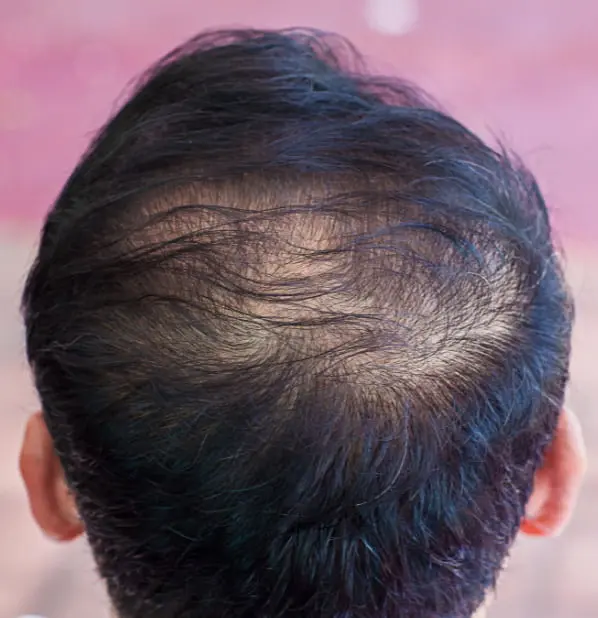
What Should You Do If You Experience Hair Loss?
If you’re experiencing hair loss while using Mounjaro, consider these proactive steps:
- Consult Your Healthcare Provider: Discuss your hair loss concerns with the medical professional who prescribed Mounjaro.
- Nutritional Assessment: Get a comprehensive nutritional evaluation to identify and address any potential deficiencies.
- Dietary Optimization: Ensure you’re consuming a balanced diet rich in proteins, vitamins, and minerals essential for hair health.
- Supplement Wisely: Consider supplements recommended by your healthcare provider, such as biotin, zinc, and iron.
- Stress Management: Implement stress-reduction techniques like meditation, yoga, or counseling.
- Gentle Hair Care: Use mild shampoos and avoid harsh chemical treatments.
- Be Patient: Understand that hair loss is typically temporary and will likely resolve with time.
- Track Your Progress: Monitor your hair loss and overall health, reporting any significant changes to your healthcare provider.
Conclusion
Hair loss associated with Mounjaro and rapid weight loss is a complex but typically temporary phenomenon. While it can be distressing, it’s important to remember that this is often a natural response of the body to significant metabolic changes. Most patients will see their hair return to its normal growth cycle within several months.
The benefits of improved metabolic health and weight management often outweigh the temporary challenges of hair thinning. Always work closely with your healthcare provider to manage any side effects and develop a comprehensive approach to your health and weight loss journey.






